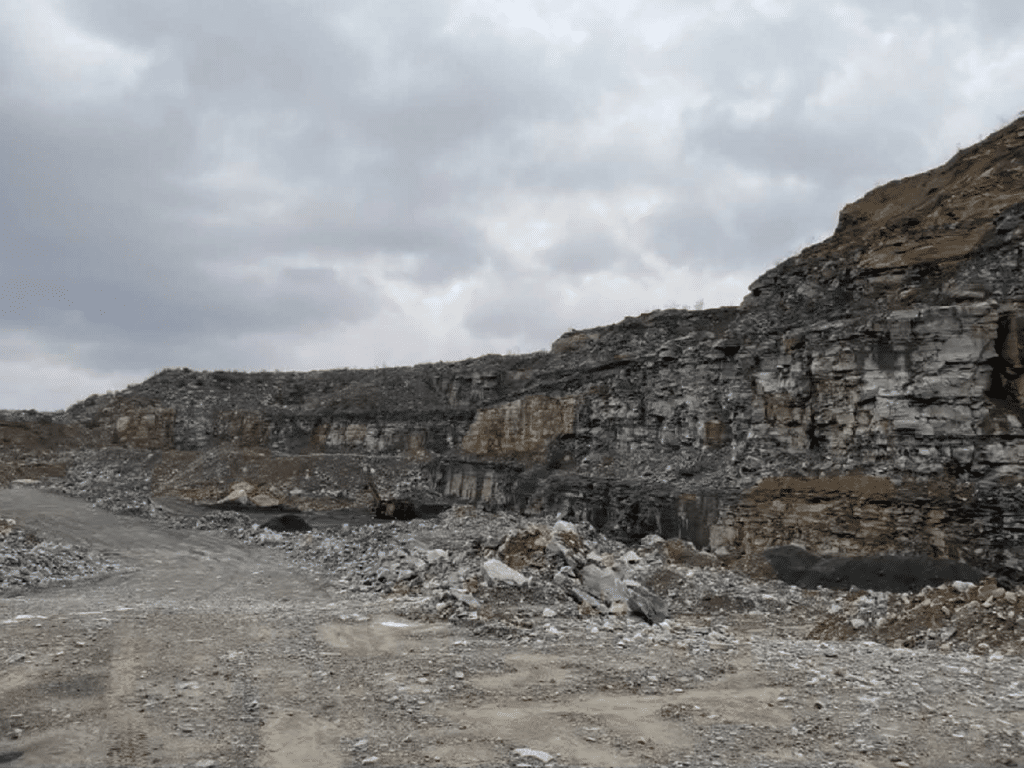Appalachian citizens react to Trump administration proposal to close job-training centers
CONTACTS:
Adam Wells, Regional Director of Community and Economic Development, adam@appvoices.org, 276-807-8269
Cat McCue, Communications Director, cat@appvoices.org, 434-293-6373
The Department of Labor today published notice in the Federal Register regarding proposed closure of nine federal job-training centers around the country. The Trump administration announced the news last Friday, as people were making plans and starting their three-day Memorial Day holiday weekend. It’s believed to be the largest federal employee layoff in a decade. The nine Civilian Conservation Corp centers targeted for closure include several in rural areas of Appalachia. Three of them — in Coeburn, Virginia, and in Frenchburg and Pine Knot in Kentucky — serve coal-mining communities that are facing significant economic distress.
Several lawmakers of both sides of the aisle have criticized the plan, which will be subject to a formal public comment period through the month of June. Rep. Morgan Griffith (Va-9) sent a letter along with U.S. Senators Tim Kaine and Mark Warner of Virginia to Labor Secretary Alexander Acosta raising grave concerns about the plan, and Virginia Delegate Todd Pillion and Virginia Senator Bill Carrico, who represent Southwest Virginia, wrote to Sec. Acosta that they oppose the plan.Statements from Appalachian Voices and citizens in Southwest Virginia
Adam Wells, Regional Director of Community and Economic Development, Appalachian Voices
“The Trump administration is choosing to cut spending in communities where it is needed most, and shows they are totally disconnected with people in rural America. Rather than closing down these job centers, they should be doubling down on successful programs like the one at Flatwoods CCC in Coeburn, which recently wrapped up its first round of solar energy installation training. Instead, they are trying to pull the plug on a good, sustainable economic driver that has served our community for decades.”
Tyler Hughes, Big Stone Gap Town Council member
“It’s incredibly heartbreaking to hear that the Flatwoods Job Corps could be closed. They’ve been instrumental in maintaining the infrastructure needed for our new eco-tourism economy. The loss of the center will have a negative effect that will be felt by all of the communities in Wise County.”
Taysha DeVaughan, President of Southern Appalachian Mountain Stewards, and member of the Virginia Council on Environmental Justice
“I find the proposed shutdown of the Flatwood Job Corps to be very disappointing. It impacts our community in Coeburn directly. This is a region that is already struggling economically compared to the rest of Virginia and this would be another financial blow to our communities in Wise County. Having a just transition from the decline of coal should include training for skilled type work or labor, and this high-performance center has been serving that exact type of training and job placement for almost a decade.”
Monty Salyer, Executive Director, Wise County Redevelopment & Housing Authority
“I remember as a young boy, some 50 years ago, when the Flatwoods Job Corps came to Coeburn. The program was then and still is vital for so many young men and women without opportunity. In a time when we are expecting people to work for a fair wage, why would we kill a program that is designed to create working people, especially here in the coalfields of Virginia? As the director of the Wise County Redevelopment & Housing Authority, I have seen the overwhelming benefits of this program. Such a closing would have a ripple effect on so many businesses, individuals, and our communities in Wise County. This is a tragedy.”
Jack Kennedy, Wise County Circuit Court Clerk and civic leader
“The job losses, the services utilized and the contribution trainees make to the Jefferson National Forest and other community-related projects will likely not be replaced for at least a generation. Closure will be one more blow to outward migration of our workforce, more stress on local economic conditions and a reduction in the county tax base. It will ultimately be one more blow to the very heart of the central Appalachian mountain economy.”
###




